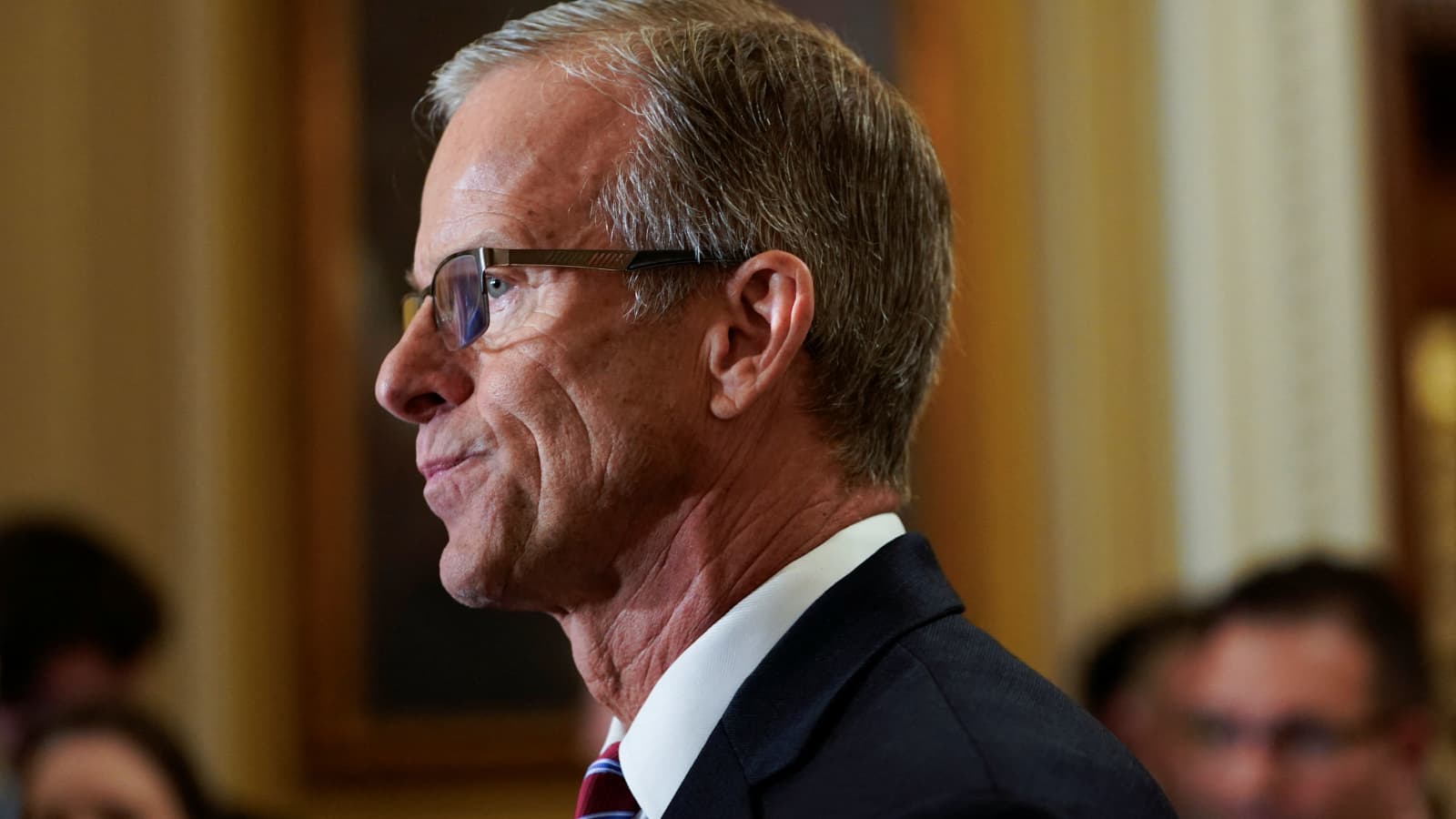Senate Republicans Seek Separate Meeting with Crypto CEOs After Democratic Talks
Senate Republicans Seek Separate Meeting with Crypto CEOs After Democratic Talks
By
Leah Rosenfeld
Last updated:
October 22, 2025
First Published:
December 2, 2025

A divided political approach to crypto regulation
The ongoing debate over cryptocurrency policy in the United States has taken a new turn as Senate Republicans have requested their own meeting with top crypto executives. This move follows a recent session where Democratic lawmakers held private discussions with industry leaders about regulation and innovation in digital finance. The decision reflects the growing divide between parties on how best to manage the rapidly expanding crypto economy.
Why lawmakers want direct dialogue
Republican senators argue that a balanced perspective can only be achieved through open and inclusive discussions. They believe that Democratic-led talks have focused too heavily on risks while neglecting the innovation potential that blockchain technology brings to the economy. By hosting their own meeting, Republicans hope to present a counter-narrative that prioritizes growth, competitiveness, and technological advancement.
Industry leaders in the spotlight
Crypto executives from major exchanges, payment networks, and blockchain development firms are expected to attend. Their participation underscores how seriously the industry is treating Washington’s shifting regulatory landscape. Many companies see these meetings as crucial opportunities to advocate for clearer policies that will allow them to innovate without constant fear of enforcement actions.
A battle for influence in Washington
Behind the scenes, both parties are vying to become the political face of the digital asset revolution. Democrats tend to favor consumer protection and environmental sustainability, while Republicans emphasize deregulation and innovation. This competition is not only ideological but also strategic, as both sides recognize the political influence of the growing crypto voter base.
The tension between oversight and innovation
The differing viewpoints stem from contrasting visions of financial modernization. Democrats want robust oversight mechanisms to prevent market manipulation and safeguard consumers, while Republicans argue that excessive regulation could stifle innovation and drive capital offshore. This debate highlights the delicate balance policymakers must strike between safety and progress in a rapidly changing industry.
Crypto firms caught in political crossfire
For the companies themselves, the political divide adds to an already complex regulatory environment. Some executives welcome bipartisan engagement, hoping that multiple viewpoints will lead to more thoughtful legislation. Others, however, fear that political competition could slow progress and create conflicting rules that make compliance even more difficult.
The importance of a unified policy framework
A clear and consistent national policy is essential for maintaining investor confidence and supporting long-term innovation. Fragmented regulations not only create confusion but also discourage international firms from investing in the U.S. crypto sector. Industry analysts warn that unless lawmakers align their goals, the United States could fall behind global competitors that have already implemented comprehensive digital asset frameworks.
Public sentiment and political calculations
Public opinion is increasingly influential in this debate. Younger voters and tech-savvy entrepreneurs are more likely to favor crypto adoption and may reward politicians who support innovation. Recognizing this shift, both parties are now positioning themselves as champions of digital progress, though their strategies differ sharply in tone and execution.
A possible path toward cooperation
Despite the political friction, some analysts believe that bipartisan consensus is still achievable. Lawmakers from both sides have expressed interest in defining clearer standards for stablecoins, tax reporting, and consumer protection. The upcoming series of meetings may serve as a foundation for future compromise, especially if industry leaders can present unified recommendations.
A pivotal moment for U.S. crypto leadership
The request for a separate Republican-led meeting highlights how deeply cryptocurrency has entered the core of American political discourse. The outcome of these discussions could determine whether the U.S. leads the next era of digital finance or remains mired in partisan gridlock. What happens next in Washington will set the tone for how the world’s largest economy integrates blockchain innovation into its financial system.
Popular articles
Subscribe to unlock premium content
Disney’s Timeless Magic and How the Entertainment Giant Continues to Shape Culture and Innovation

Imran Khan’s Economic Missteps Amid Political Chaos in Pakistan

The Philippines’ Digital Shift How Remittances and BPO Are Fueling Growth

Disney’s Timeless Magic and How the Entertainment Giant Continues to Shape Culture and Innovation

Imran Khan’s Economic Missteps Amid Political Chaos in Pakistan

Disney’s Timeless Magic and How the Entertainment Giant Continues to Shape Culture and Innovation









